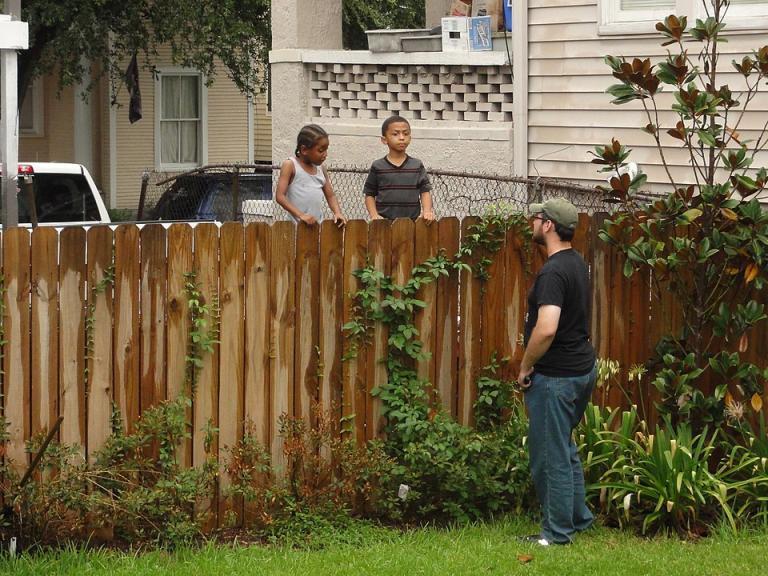
Loving our neighbor is foundational to Biblical ethics, to the doctrine of vocation, and to the Christian life. God’s commandment to do so is repeated throughout Scripture (Leviticus 19:18; Mark 12:31 and parallel passages; Romans 13:9-10; James 2:8). What all, though, does loving our neighbor entail?
Martin Luther has some illuminating things to say about this. I’ve come across a great passage on the subject from my Lenten reading, the devotional classic Luther for the Busy Man: Daily Devotions from Luther’s Sermons on the Standard Gospels.
(Thanks to the Free Lutheran Bible College & Seminary and Ambassador Publications, the publishing arm of the Association of Free Lutheran Congregations for making this classic devotional resource, originally put together by P. D. Pahl of the Lutheran Church of Australia, available again. You can also access it online and subscribe to it as a podcast.)
Here is the Maundy Thursday reading:
LESSON: ROMANS 15:1-6
Bear one another’s burdens, and so fulfill the law of Christ. Galatians 6:2
Not the least part of love or self-surrender is for me to be able to give away my self-conceit or arrogance. I can no doubt give my neighbor temporal good and bodily service with my painstaking toil. I can also serve him with instruction and intercession, for example, by visiting him and consoling him when he is sick or sad. I can feed him when he is hungry, free him from imprisonment, and such like. But the greatest of all the services I can render my neighbor is bearing his weakness.
We will always fall short of the mark here. We will never attain to the perfection of Christ in this regard. He is the pure, bright Sun in which there is no mist. Our light is just like a glimmering stalk of straw in comparison with this Sun. Christ is a glowing oven full of fire and perfect love. But He is still satisfied with our little candle, if we provide some sort of evidence of letting our love shine forth.
Take a look at the Gospel record and see how Christ dealt with His disciples. He bore with them when they were guilty of foolish conduct and even when they, at times, went astray. In their service, His wisdom yielded to their folly. He did not condemn them but bore their weakness with long-suffering patience. “What I am doing you do not know now, but afterward you will understand,” He tells them on one occasion (John 13:7). Through such love He gives up His righteousness, judgement, might, wrath, punishment, and the rights he has over us and our sins. He could condemn us because of our folly. But He does no more than to say, “You are in the wrong; you do not know anything; do not, however, reject me, but trust me.”
And so I say that it is no small example of love to be able to bear with our neighbor when he is weak in faith and love.
SL 11:597 (26)
AE 76:445-46
PRAYER: Dear Lord Jesus, fill our hearts at all times with such love for our neighbor that we understand his weaknesses and needs and continue to bear with him, for Your name’s sake. Amen.
Photo: Neighbors across the Fence, Mid-City New Orleans by Bart Everson – https://www.flickr.com/photos/editor/7718654016/, CC BY 2.0, https://commons.wikimedia.org/w/index.php?curid=103362576













